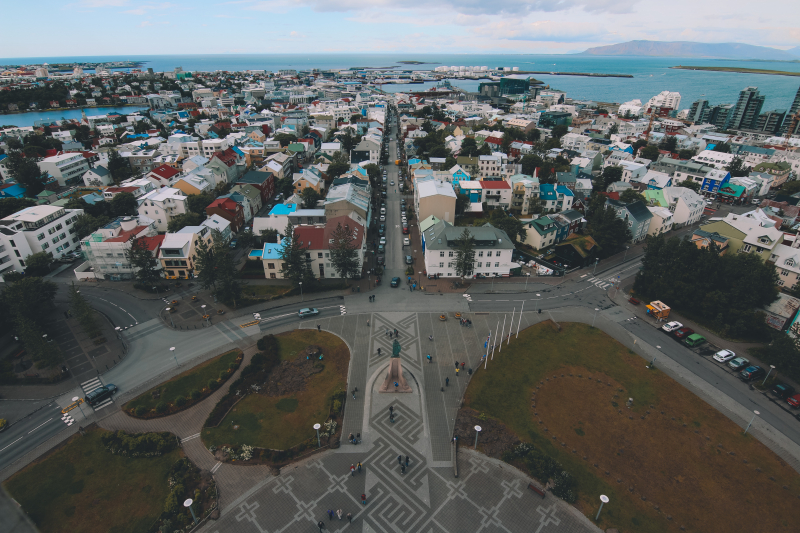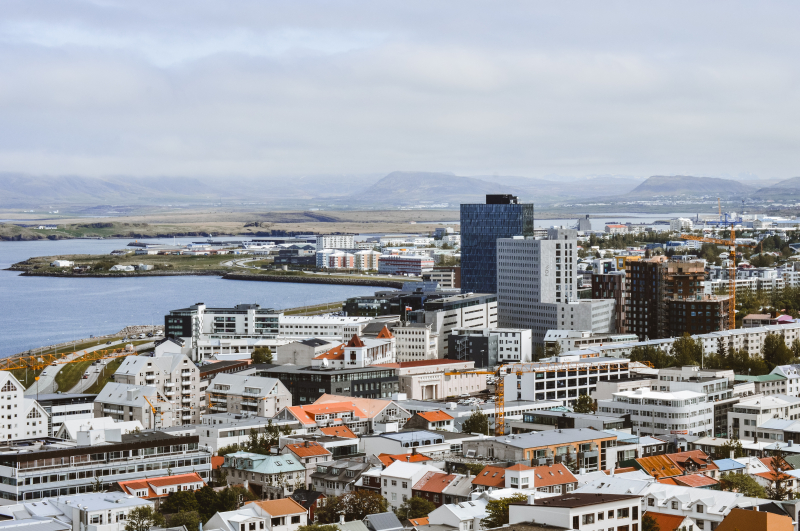Iceland

Due to its economic success, Iceland is not only one of the richest countries in Europe, but it is also one of the world's wealthiest countries. With a population of only roughly 380,000 people, Iceland currently has a greater yearly GDP per capita than many of its European peers.
Three primary elements contribute to this wealth: a high savings rate, strong banking rules, and a thriving fishing industry. The country's residents have a high national savings rate, one of the greatest in the world. This allows Icelanders to invest more in the economy and reap more significant dividends in the long run.
Furthermore, Iceland has developed prudent banking regulations, allowing it to capitalize on chances for growth overseas while avoiding financial calamity at home. Finally, Iceland relies on its fishing sector for food security and economic structure. The industry employs around 3.9% of Iceland's population and accounts for 43% of total export revenues. It protects against external shocks such as currency exchange rate variations or foreign market swings. Iceland has stayed economically secure despite other countries experiencing upheaval or recession by retaining a significant concentration on the fishing industry.
GDP: $77,960 (IMF, 2023)











